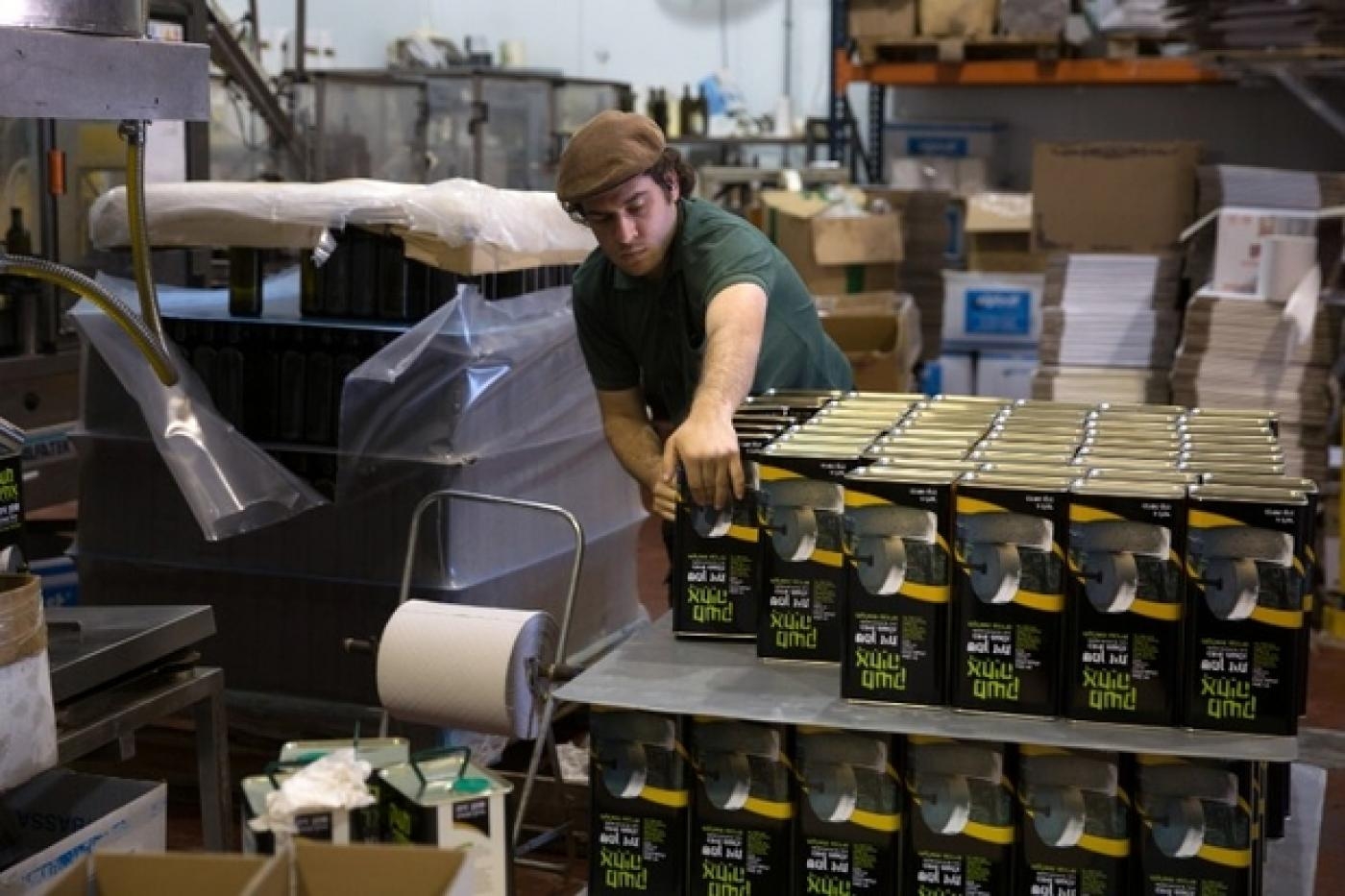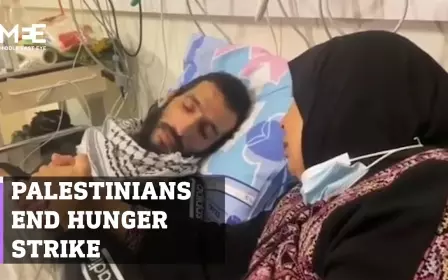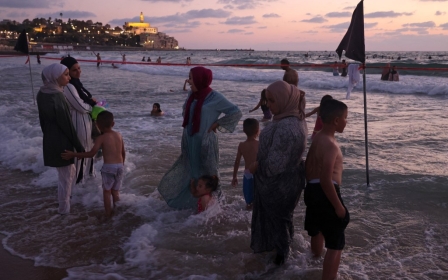Israeli diplomat cancels meetings in Belgium after country says it will label settler products

Israel's deputy foreign minister has cancelled his meetings during a trip to Belgium after the country said it would label West Bank settlement products as not made in Israel.
Idan Roll had been due to hold meetings with Belgium's foreign ministry and its parliament, the Israeli website Walla said.
In 2015, the European Commission, the executive arm of the European Union, instructed all member states to start labelling products from the settlements, which are considered illegal under international law.
The Court of Justice of the European Union also ruled in 2019 that such products must be labelled, but EU countries have been slow to act on the instructions.
I canceled my planned meetings with the Belgian Foreign Ministry and Parliament. The Belgian government's decision to label products from Judea & Samaria strengthens extremists, does not help promote peace in the region, and shows Belgium as not contributing to regional stability
— Idan roll - עידן רול (@idanroll) November 24, 2021
The labelling of such products "harms Israelis and Palestinians alike", Roll said on Wednesday.
"It is inconsistent with the Israeli government's policy that seeks to improve the lives of Palestinians, to strengthen the PA and improve Israel's ties with Europe," he said.
"The Belgian government's decision strengthens extremists, does not help promote peace in the region and transforms Belgium into a force that does not contribute to Middle East stability," Roll added.
As part of last year's government coalition agreement in Belgium, parties on the left requested a government policy mandating the labelling of settlement-made goods.
The recommendations from a special office created to discuss the issue were approved by the government and presented to the parliament this week, Israel's Hayom newspaper reported.
The government also ruled that any future agreement between Belgium and Israel would include a special clause stating that the deal is not valid in the West Bank and East Jerusalem.
Middle East Eye propose une couverture et une analyse indépendantes et incomparables du Moyen-Orient, de l’Afrique du Nord et d’autres régions du monde. Pour en savoir plus sur la reprise de ce contenu et les frais qui s’appliquent, veuillez remplir ce formulaire [en anglais]. Pour en savoir plus sur MEE, cliquez ici [en anglais].




